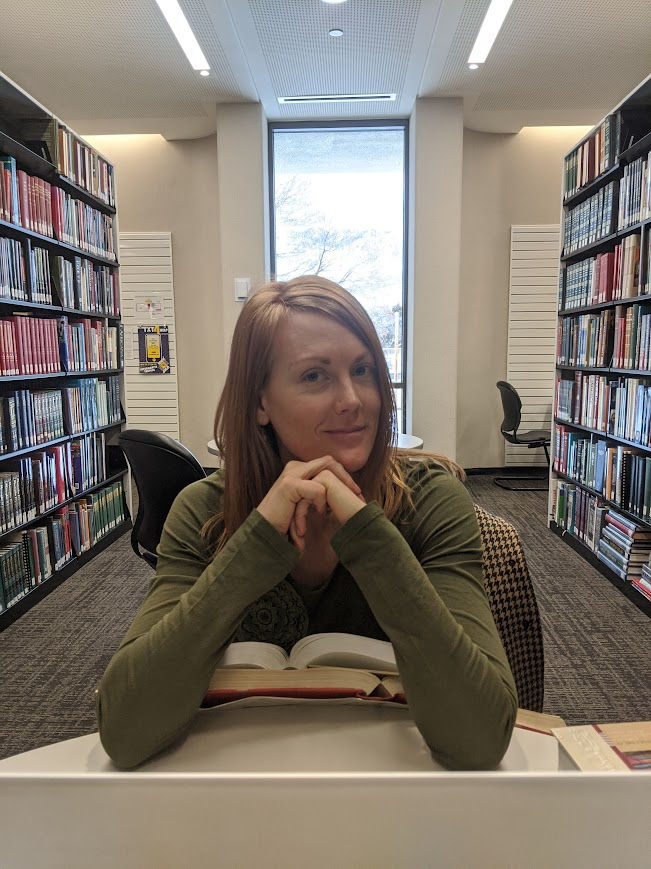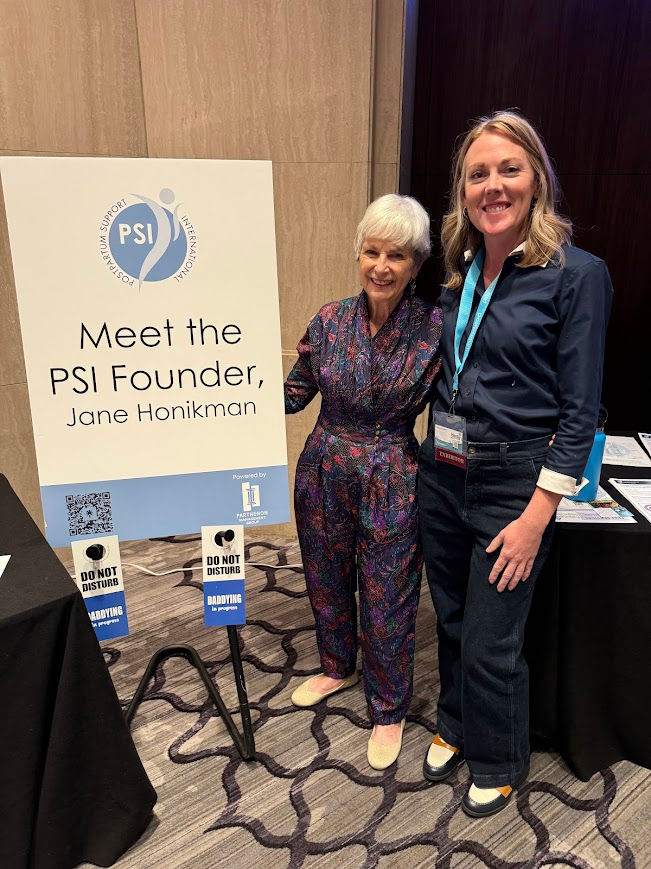Self-Advocacy in the Recovery Journey
- celestebrinkerhoff
- Jul 1, 2025
- 7 min read
Updated: Oct 17, 2025
Given the recent post I just did, and how we just had PTSD awareness day, I feel I owe you readers more context. So here goes, though I am acutely aware this might be “cringey’, ‘oversharing’, or ‘triggering’. If you find it to be that, just move along. But today, I choose to speak for those who don’t have the time, courage, or the ability to have a voice.
As I write this piece this morning, I am looking out of a window in a public library in a town I left. A town I efforted to flee from. I come back to this town from time to time to retrace my footsteps and remember how far I've come. I come to collect my energy. I come to call my power back.
In this library, I once sat as a stunned mental health consumer who had been robbed of her health, safety and business dealings. I was a woman who wound up going through what I will call psychological torture after a shifty and shady forced inpatient stay. I managed to be released and began to address the trauma of what I will call a horrifying capture and torture experience. After getting "free" in late 2018, I sat here at the round table, alone, with my library card, my willpower, and all manners of law reference books surrounding me; books I used to investigate statutes, duty-to-care laws, tort law, and more.

I poured over the pages of these law books and drafted emails to risk managers at the county healthcare system, a system that had been there to “provide mental health care” but did quite the opposite. How did I wind up in this situation?
Mothers, take heed if you are experiencing intimate partner violence.
In my delicate postpartum state, one first responder and the father of my child had me committed and held captive in THE MOST RESTRICTIVE care setting, a Psychiatric Care Intensive Care Unit. Why not the general ward? Hmm, curious.
It was remarkable how quickly two individuals corroboration about my state of mind one Friday evening in 2018 led to a psychiatric commitment that was outside the law. It was even more fishy that I wound up "pink-slipped" when 6 other first responders on the scene had done a medical status checkup and cleared me to leave with my safe person. They did not see any cause for commitment.
Utah involuntary commitment criteria reads that, in order to be forced into a restrictive care setting, one must be a danger to self and or a danger to others which I was not.
You can read about it here: https://le.utah.gov/interim/2023/pdf/00002980.pdf
I was merely hypomanic. I had a safe person and place to go to, aka I had a least restrictive setting to go to.
Why did these individuals have an interest in removing me from the family for 14 days? What would go on with the kids while I was locked away? What was so concerning about this momma dancing up the sidewalk to talk with a neighbor?
Upon being committed against my will, there were licensed professionals who had assumed a duty to care for my “vulnerable” body/mind by the virtue of holding me in the facility. This forced and unwarranted commitment ultimately led to more harm.
Within those cells of concrete within concrete, I was behind locked doors and made to be away from my child. I was deprived of the capacity to run my business and earn a livelihood.
The attending psychiatrist prescribed a heavy-hitting cocktail of psychotropics which caused an iatrogenic drug interaction that landed me on the floor bleeding, with ruptured eardrums and a broken jaw. I was denied proper care for the injury inpatient. I had to clown and beg for broth and soft food inpatient. I was utterly dehumanized.
My child and her sisters suffered vicarious trauma after I discharged with a broken jaw in need of repair.
Now, back to the library and present day July 2025, I reach back in time and use my story to hopefully inspire the fight in a peer who is trying to navigate scary medical and domestic circumstances. I hope to rouse you if you are a bystander, a taxpayer, or a medical professional.
Here in this library, using my mind and my library card I informed myself of what my rights as a healthcare consumer were. Then came the time to take action.
I then called the Utah Office of Medicaid and filed a formal complaint. I called the Department of Professional Licensing and reported the prescribers, I also called the Office of Inspector General. He told me that I was lucky. Though he abdicated responsibility to provide oversight for Medicaid recipients and vulnerable adults who have no choice but to continue to engage with that healthcare system; he did invite me to use my voice to “lobby on the hill” to create reform.
He said I was lucky to be so articulate following psychosis to be able to speak up and tell him about what happened. He commended my skill of self-advocacy.
Was it skill, or indignation, shock, and fear that my disadvantaged peers may suffer similar treatment that motivated me to seek restitution for some of the damages?
Today I have just one question for the Office of Inspector General; why was it my job to have to fight to survive dehumanizing care, and then to have to try to lobby and get restitution for the trauma that rippled through my life and the lives of my family members?
Why was I pink-slipped in the first place? Why were there no safety mechanisms in place in the pharmacy to prevent a hazardous chemical cocktail from nearly costing me my life?
We are now 10 days out from my return to the Postpartum Support International conference. It will be my second time networking with women who are wrapping care around families at various stages in their journey of raising children.
They understand the nuances that impact maternal mental health. I am not against women having psychiatric help. It's been an important element in my recovery.
But I am against forced restraint, I am against civil commitment code being violated. I am against dehumanizing care and psychological torture.
I am interested in holding systems accountable and I am interested in no longer being the scapegoat for perversions to play out in the name of blaming yet another hysterical woman.
Why aren't we asking why is she hysterical?

Despite all I endured, I remain hopeful. I have done Ketamine Assisted Psychotherapy and I continue to receive compassionate integrative healthcare from a team that treats me as a whole person. Fortunately, the research being done in Psychedelic Science offers hope for healing from complex trauma!

I firmly believe through my lived experience, that integrative strategies will fortify a survivor like myself to continue to withstand the impact of choices that were not in my best interest.
I am acutely aware of not wanting my life and story to simply be recovery porn.
It is my hope this story is read as an example of one woman with privilege barely making it out alive. It is an ask for compassionate care and deep inquiry into the “patient that presents" before you.
Can we draft more thoughtful and economically responsible policies and work on healthcare system reform?
The cost to taxpayers in my county to hospitalize me as a woman who didn’t meet commitment criteria was immense and did not get me back on my feet to be able to engage in adaptive ways in my community. It took me further from integrated and healthy belonging. It layered trauma and shame onto my plate.
In contrast, the cost to provide holistic and person-centered care is nominal. In a few short years, I had enough health to go back into the workforce and earn a living. Holistic and root cause care brought me out of pervasive symptomology and gave me a chance to pay into the system as a taxpayer versus a welfare recipient. Holistic and integrative care gave me the strength to leave my abuser. The multi-nutrient formulas that feed my brain and body and allow symptom remission have no side-effect risk profile.
They are sensible to provide as a first-line therapy. They make sense to provide as a preventative measure to ensure we don’t repeat cycles of intergenerational illness.
I emancipated myself and have defied great odds to overcome. Don’t blame the sickest and most vulnerable among you. But, rather look to it as an invitation to redress what is an epidemic and some might argue a social failure.
Where are we crippling capacity for a peer? In my case even though I was extremely self-motivated, had educated myself, and tried to tirelessly self-advocate, it felt like there were weights crushing me and obstacles and doors closed and locked at every turn.
What happens in the pathologizing model? Does it serve anyone? Are we missing the mark? Are we putting a target on a woman’s back? People diagnosed with SMI have much higher instances of being victims of abuse.
What would be different if we took an asset-based approach in our healthcare delivery system and began to ask, what would it take to create well-being?
How can we learn from this person’s history and what foundational and community supports will be required to create self-efficacy and self-sufficiency?
My resourcefulness is an asset.
My peers; please remember that knowledge is power.
Fellow champions and clinicians who’ve been part of this journey and who dedicate their work to compassionate care and work on system improvement, thank you!
There is always more to the story with SMI!
Keep calm, keep speaking up, and keep questioning!
And beware when you poke the bear!
Cheers,

Comments